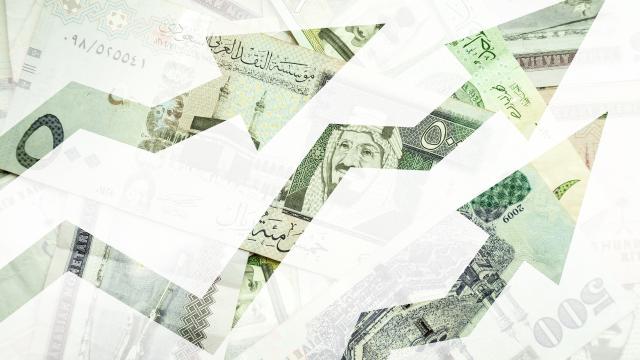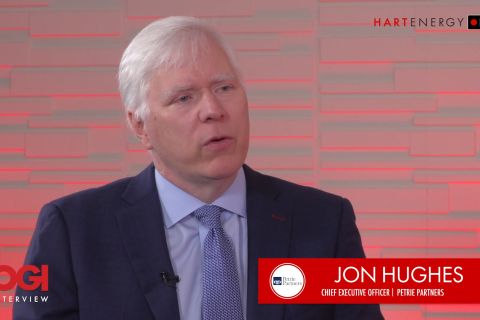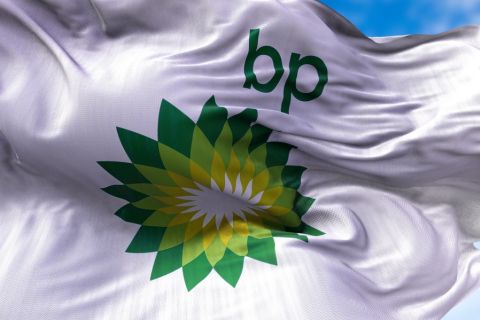
Saudi Arabia has been pulling out the stops to entice potential investors in the stock market flotation of its state energy giant, in what could be the world’s biggest ever listing.
From changing royalty payments, cutting tax rates and reducing long-term capital expenditure to ensuring a minimum dividend of $75 billion for shareholders, the kingdom has sought the highest possible valuation for Saudi Arabia’s main revenue source.
With earnings of $111 billion last year, it dwarfs the profits made by Apple, the largest-listed profit maker in the world. It makes rival Exxon Mobil’s net income of $20.8 billion look paltry.
Crown Prince Mohammed bin Salman, for whom the listing is at the heart of economic reform plans, has long sought a $2 trillion price tag which investors both at home and abroad have deemed too high, even for the world’s most profitable company.
While the heir apparent is said to have reduced his expectations in order to get the flotation over the line, people familiar with the matter have said there is still a big question over what the final valuation will be.
The kingdom seeks to sell 1% to 3% of the company, hoping to raise $20 billion to 60 billion through a listing on Riyadh’s Tadawul exchange.
Bankers are trying to encourage the country’s leadership to move towards a valuation of around $1.75 trillion even as some investors believe the company is worth less, somewhere between $1.2 trillion to 1.5 trillion.
Bankers say domestic demand for the flotation has been stellar, with wealthy families in the kingdom pressured to buy a stake. One argument used by Saudi officials is that it is the patriotic duty of regular Saudis to buy in to the country’s crown jewel.
But overseas institutions have been wary about government interference in corporate strategy, governance issues and the inability of the kingdom to protect energy infrastructure after attacks on facilities in September.
The listing comes as oil companies have come under intense pressure to take responsibility for their role in enabling global warming. Not only is Saudi Aramco the largest oil producing company, the kingdom is the world’s biggest exporter.
Saudi Arabia believes that, in a world where oil prices structurally move lower as demand peaks in the years to come, its barrels will remain resilient given how cheap they are to produce and because of their low carbon intensity per barrel.
The kingdom seeks to be the last producer standing even as it invests in other sectors to try to diversify its economy—from mining to technology and tourism in order to future-proof the kingdom.
But, for now, oil prices matter. Crude sales to foreign buyers provide the bulk of government revenues and the kingdom will seek to support oil prices going into the next meeting of OPEC ministers which takes place right ahead of the IPO.
Recommended Reading
The OGInterview: Petrie Partners a Big Deal Among Investment Banks
2024-02-01 - In this OGInterview, Hart Energy's Chris Mathews sat down with Petrie Partners—perhaps not the biggest or flashiest investment bank around, but after over two decades, the firm has been around the block more than most.
Petrie Partners: A Small Wonder
2024-02-01 - Petrie Partners may not be the biggest or flashiest investment bank on the block, but after over two decades, its executives have been around the block more than most.
BP’s Kate Thomson Promoted to CFO, Joins Board
2024-02-05 - Before becoming BP’s interim CFO in September 2023, Kate Thomson served as senior vice president of finance for production and operations.
Magnolia Oil & Gas Hikes Quarterly Cash Dividend by 13%
2024-02-05 - Magnolia’s dividend will rise 13% to $0.13 per share, the company said.
TPG Adds Lebovitz as Head of Infrastructure for Climate Investing Platform
2024-02-07 - TPG Rise Climate was launched in 2021 to make investments across asset classes in climate solutions globally.





